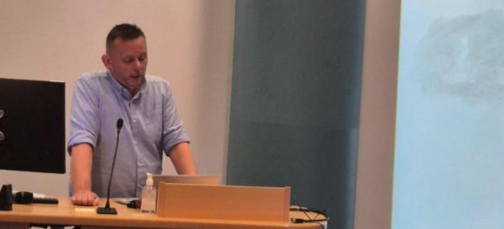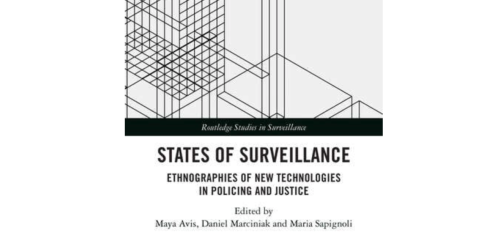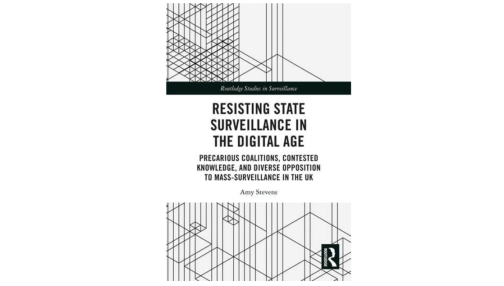For the EGPA Annual Conference held at the Centre for Public Policy at the University of Glasgow, from 26 - 29 August 2025, the Permanent Study Group on e-Government requests: (1) abstracts for papers relating to the themed session on The Governance of AI; and (2) abstracts for the general sessions drawing on current research which is relevant to the interests of this Permanent Study Group....
Blog
CRISP is very excited to announce that from 26 – January – 23 February we are jointly hosting The Winston Smith Library of Victory and Truth in collaboration with the University of Stirling Art Collection, with the support of The Orwell Society.
About ‘The Library’
The Winston Smith Library of Victory and Truth is a work by artist Hans K Clausen. It is a visual art installation...
CRISP invites you to save the date of its Sixth Doctoral Training School this June.
About the CRISP Doctoral School
The School takes place at the University of Stirling from the 16th – 20th June 2025. The School features five days of intensive training in multi-disciplinary research methods and skills in the field of Surveillance Studies. It will also feature a range of...
Dr Tom Montgomery is Lecturer in Work & Organisations in Stirling Management School. His research focuses on areas of labour market policy, the future of work, social movements, solidarity and civil society organisations. He is interested in how technology has been (re)shaping the contemporary workplace encompassing issues of algorithmic management, the rise of the gig economy and...
Mariana Canto Sobral is a PhD Candidate in Law at the University of Stirling, UK, where she is part of the interdisciplinary cluster on Democracy, Human Rights and Communication/Advocacy in the Digital Age and is supervised by Dr. Damian Etone, Professor William Webster, Professor Rowan Cruft, and Dr Edit Freyo.
Her research focuses...
Dr Vassilis Galanos, SFHEA is Lecturer in Digital Work at the University of Stirling. Vassilis investigates historico-sociological underpinnings of AI and internet technologies, and how expertise and expectations are negotiated in these domains. Some recent research projects include unified cross-disciplinary approaches to critical hype studies and the development of digital metaphors in...
CRISP St Andrews is pleased to welcome two new members: Dr Stephen McQuistin and Paul Cox
Stephen is a newly appointed Lecturer in Networks in the School of Computing at the University of St Andrews. He has an interest in privacy in both internet infrastructures and in electronic communication within organizations.
Paul is studying his PhD with Stephen and CRISP member Dr...
Part of the CRISP Edited Routledge Studies in Surveillance Book Series
Recent discussions on big data surveillance and artificial intelligence in governance have opened up an opportunity to think about the role of technology in the production of the knowledge states use to govern. The contributions in this volume examine the socio-technical assemblages that underpin the surveillance...
Part of the Routledge Studies in Surveillance Book Series.
Resisting State Surveillance in the Digital Age provides an in-depth examination of the complexity and diversity of organised opposition to increasing state surveillance powers in the UK.
Taking the introduction of the Investigatory Powers Act as a central case study and combining an analysis of publicly available...
Introduction
Rapid developments in Artificial Intelligence (AI) technologies and applications present new and previously unforeseen opportunities to address societal issues (Stahl, 2021) but, at the same time, create challenges about the nature of public services and policy, as well as relations between service providers and...














